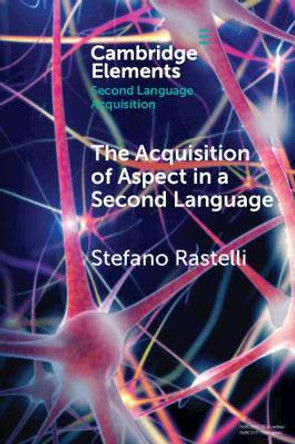Description
Plain Language: A Psycholinguistic Approach employs principles from the field of psycholinguistics to explore factors that make a sentence or text easy or difficult to process by the cognitive mechanisms that support language processing, and describes how levels of difficulty might function within bureaucratic power structures.
Drawing from experimental data on readability, Rastelli employs a metaphor of three "ghost" readers in the mind that exist and interact with each other: the syntactic reader (the one searching for the structure), the statistical reader (the one driven by previous experiences), and finally the pragmatic reader (the one searching for meaning). The penultimate chapter concerns a novel psycholinguistic experiment showing that complexly written texts may prevent adult citizens with average literacy skills from accessing important information related to their health, work, and right to representation, thereby drawing a line between the psycholinguistics of language comprehension and the maintenance of existing power structures.
Written in plain language itself, this book is designed to be easily understandable from an undergraduate level and makes for fascinating reading for all students and researchers in linguistics and psycholinguistics, as well as supplementary reading for students of sociolinguistics and related modules. Students, researchers, and interested general readers will develop an understanding that knowing how the mind reads and understands language can help stakeholders to ensure equal access to information and democratic processes.
About the Author
Stefano Rastelli teaches Psycholinguistics at the University of Pavia (Italy) where he directs the Laboratorio di Linguistica e Glottodidattica Sperimentale (LLEGS). He regularly publishes experimental research on syntax, second language acquisition, language usability and statistical learning.
Book Information
ISBN 9781032794938
Author Stefano Rastelli
Format Hardback
Page Count 212
Imprint Routledge
Publisher Taylor & Francis Ltd








